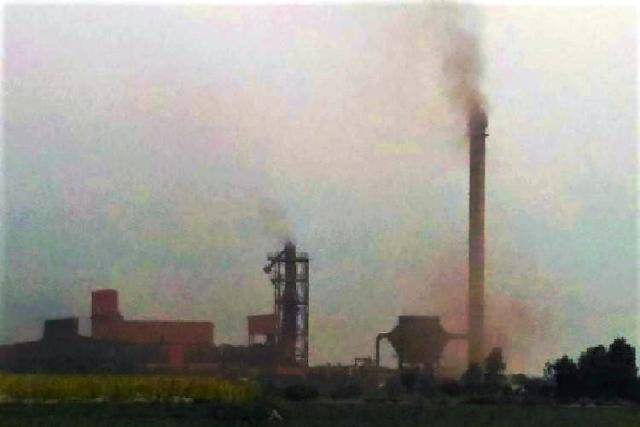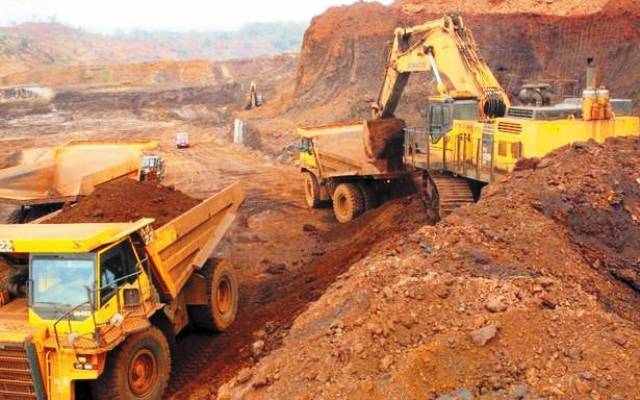
Sponge iron, or Directed Reduced Iron (DRI), is used in the production of steel. It is a process of extracting iron from iron ore. The process involves using gas, coal or dynamite to separate elements and remove impurities, which are carried out in kilns. At the end of the process, 90 to 97 percent of iron is extracted. The end product is sent to the steel plant.
The problem:
The factory in Andhra Pradesh was granted Environmental Conditions (EC) for 200 TPD (tonnes per day) of production in the year 2008, on a land of 100 acres at a cost of Rs 61.6 crore, against a list of specific and general conditions. It was established under the Solid Waste Management Rules, 2016 according to which bag filters, electrostatic precipitators, online stack monitoring, maintaining 33% green cover, environmental management cell, occupational health surveillance of the workers, that hazardous waste management was included.
But it was not followed accordingly. The farmers when incurred losses approached pollution control board and complained that iron ore in the form of dust from factories has damaged their crops in a big way.

There are different stories of farmers experiencing huge loss from the menace. One is from Kamma community, the young farmer who is 32 years old. He is a tenant farmer in Halaharvi in Kurnool district. He is been cultivating 12 acre of farmland with Bengal grams. But due to the factory emission his production has declined from 6-7 quintals per acre to 3-4 quintals per acre.
Another example is 40 year old Eerramma, who lives in Gonalhall village, lost all her crop on her 9 acre farm after dust from the factory damaged her crops in field still in flowering stage. She has also experienced the loss of 14,000 per acre.
In 2017, villagers from the district have sent a written complain to the factory stating their problems after 80% of crop loss. The process was taken place under the surveillance of Mandal Agriculture Officer (MAO) but the problem was not dissolved.

After this step, an application or a complaint was forwarded to Central Pollution Control Board (CPCB), Andhra Pradesh who passed it to the factory. The inspection team from PCB found that all necessary precautions were absent in the factory and that the iron ore was kept in open which led to the bad health of workers working in bad conditions.
After repeated attempts, the factory did not responded and the matter is still under surveillance.









